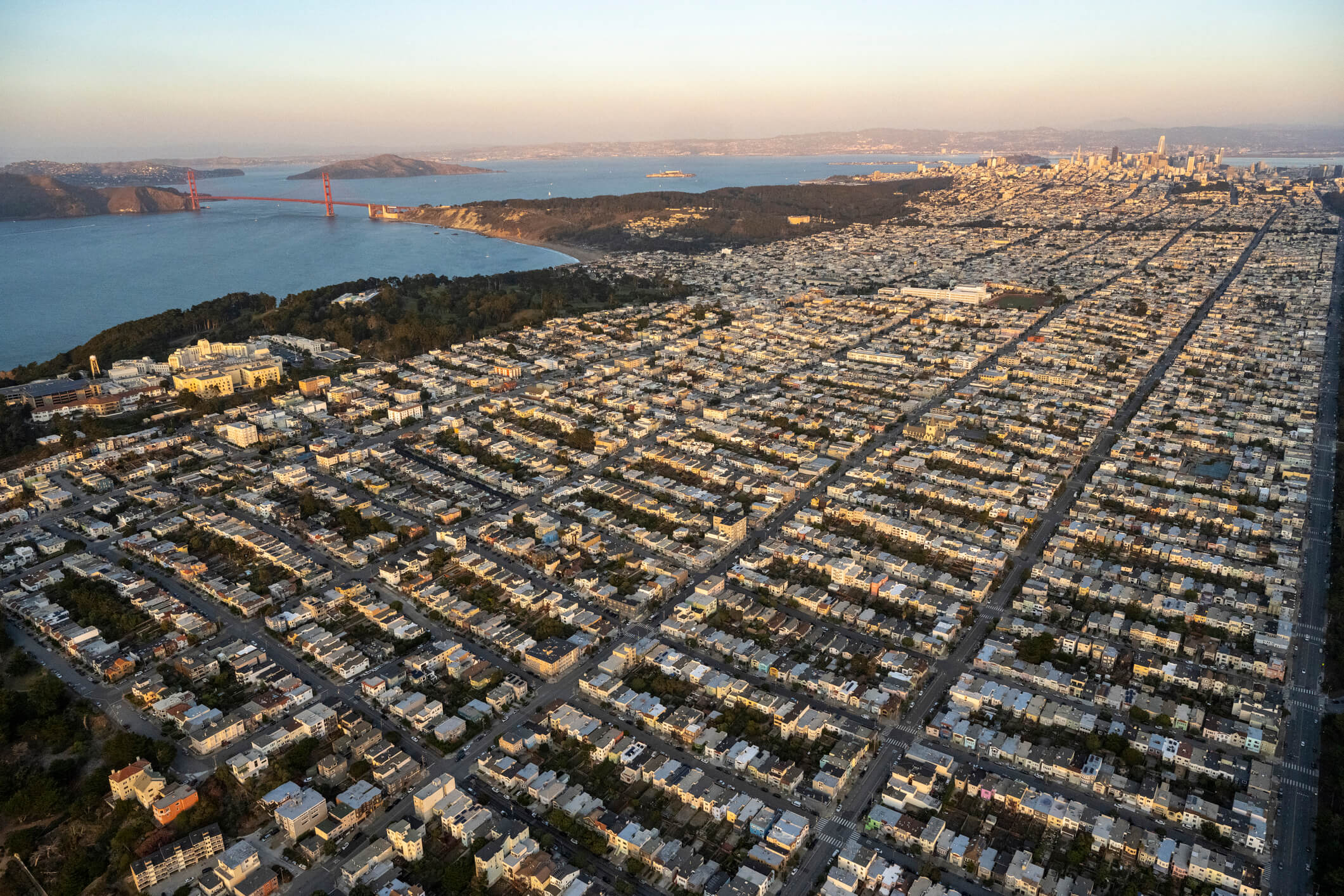This article was originally published in the Richmond Review/Sunset Beacon
By Ryan Khojasteh
Our beloved City is facing numerous challenges. Open-air drug markets are fueling a fentanyl epidemic. The homelessness crisis on our streets brings human suffering front and center. Organized retail theft and fencing operations are threatening our businesses. Auto-burglary rings are targeting tourists and residents. Many people feel uneasy with the overall direction of San Francisco.
San Francisco also saw increased violent crime last year: an armed robbery at a Noe Valley donut shop; a violent assault that led to the death of a store clerk; a random attack at a West Portal candy store; a gun battle along the Embarcadero on Father’s Day; and a shoot-out next to a law school. This has left the community feeling tense and vulnerable.
Many thought that recalling District Attorney Chesa Boudin would solve these problems. It hasn’t. And it’s become clear that we need a new approach to public safety that balances law enforcement and accountability with rehabilitation and meaningful intervention.
Let’s start with the criminal justice system. By the time a crime is committed, the harm has already been done. To help remedy the harm, there must be accountability. Incarceration is one of many tools and should be used to protect the public when necessary – for example, with repeat offenders and those who commit acts of violence in our community.
At the same time, we know that over-incarceration does not necessarily make us safer. It can even make us less safe in the long run. That’s why we need to be cautious before embracing the simplistic “tough-on-crime” narrative. This might help get politicians elected, but it does not make us safer.
For low-level offenses and non-violent first or second-time offenders, we should increase funding and expand programs through collaborative courts and other alternatives to traditional prosecution, like diversion. Establishing comprehensive treatment plans to help rehabilitate offenders by addressing the root causes of crime, such as mental illness, housing instability, drug addiction and poverty. Putting someone back on the right track advances public safety by preventing future crime and preventing future victims. When people fail out of these programs, traditional prosecution resumes.
We can take a fair and balanced approach to prosecution by focusing incarceration on people who pose public safety or flight risks and by connecting those who don’t pose a threat to rehabilitation services that prevent recidivism.
San Francisco also needs a fully staffed and effective police department. There should be ample foot patrols and a visible officer presence in our neighborhoods, commercial corridors and busy tourist destinations. Our current response time to 911 calls is embarrassing and dangerous. Our clearance rate for solving crime is well below the national average. As a city, we should thoroughly audit police spending and current practices to understand what is and isn’t working and to boost efficiency so we can continue to provide world-class enforcement to a world-class city.
Our commitment to a fully staffed police department should be commensurate with a commitment to fully fund housing assistance programs, treatment centers and other services to meaningfully alter a person’s life trajectory. We drastically need more (and better) shelter space for the homeless and more safe and supportive housing to transition people out of homelessness. We need more residential treatment programs for substance abuse and mental health disorders.
The state of our streets is so bad that drug overdoses last year reached the highest in our city’s history. We have the budget to fix this, but we lack the resolve. Instead of providing sufficient drug treatment resources, we have resorted to arresting and incarcerating people as a band-aid measure. This approach will not work.
The Mayor’s Office and District Attorney’s Office also need to work more closely with community-based organizations providing violence intervention programming, mentorship and employment opportunities to at-risk youth and those trying to re-enter society after incarceration. We can disrupt the pipeline and revolving door to prison with the right priorities.
We need to hold a weeklong public safety summit that involves everyone, from criminal justice agencies to the Department of Public Health, community groups, merchant associations and the school district. We need serious collaboration and evidence-based solutions to address these crises, not empty rhetoric by politicians trying to make headlines and win re-election.
San Francisco is a resilient city. We have overcome turbulent times before. With the right leadership, we will get back on track. Now, more than ever, we need leaders who will rise above petty politics and seek out solutions, not scapegoats.
Ryan Khojasteh is a concerned resident and prosecutor. He is a former San Francisco assistant district attorney who served as a community liaison to four police stations (Northern, Southern, Richmond and Tenderloin).
